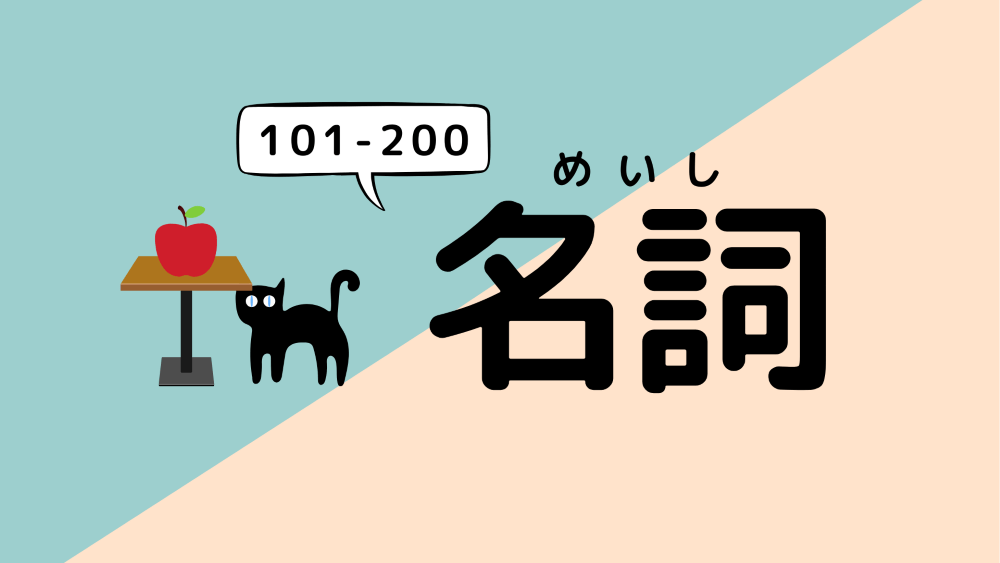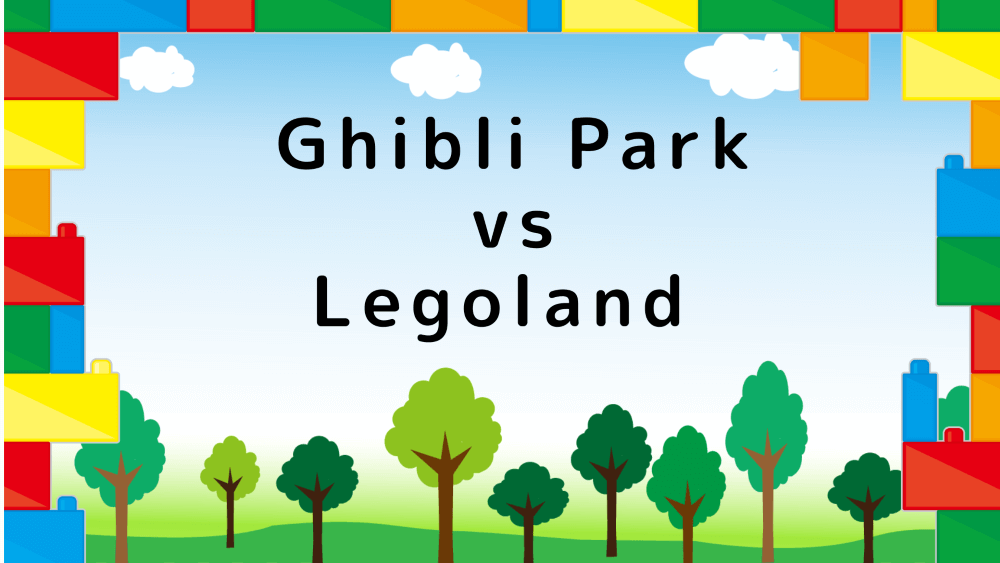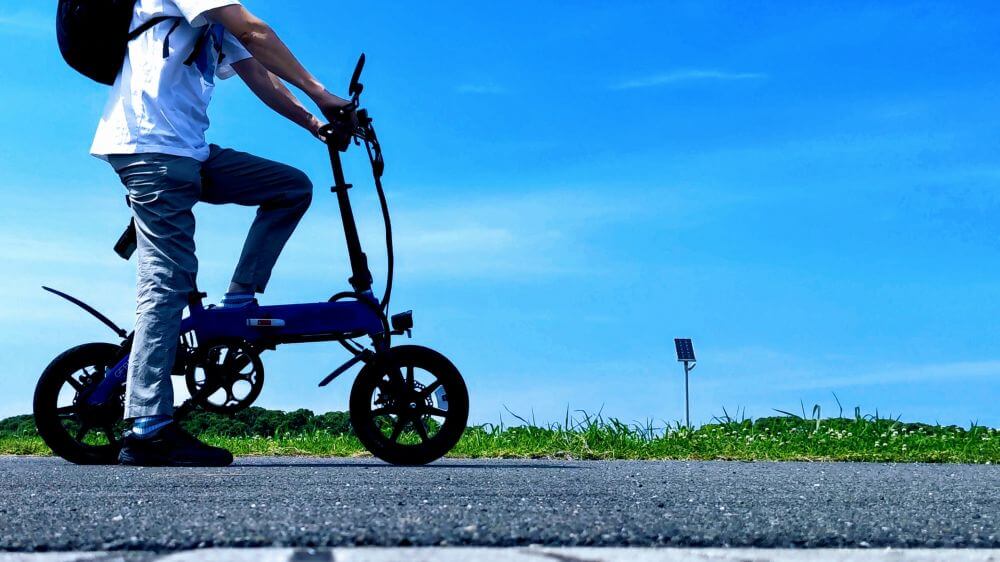Have you already mastered the “First 100 Frequently Used Japanese Nouns“? If so, let’s move on to the next 100! Once you’ve also learned the “First 50 Japanese Verbs” and “First 50 Japanese Adjectives,” you’ll be more than ready to dive into serious Japanese study!
Download the noun list in PDF for free.
Frequently Used Japanese Nouns
People and Body
| Noun | Pronunciation | Meaning | Example sentence |
|---|---|---|---|
| 大人 | [Otona] | Adult | 大人は責任を持つべきです。 Adults should take responsibility. |
| 学生 | [Gakusei] | Student | 彼は大学生です。 He is a university student. |
| 外国人 | [Gaikokujin] | Foreigner | この町には多くの外国人が住んでいます。 There are many foreigners living in this town. |
| 日本人 | [Nihonjin] | Japanese people | 彼は日本人です。 He is Japanese. |
| 夫 | [Husband] | Husband | 私の夫は医者です。 My husband is a doctor. |
| 妻 | [Tsuma] | Wife | 彼女は私の妻です。 She is my wife. |
| お腹 | [Onaka] | Stomach | お腹がすいています。 I am hungry. |
| 胸 | [Mune] | Chest | 胸が痛いです。 My chest hurts. |
Place and Transport
| Noun | Pronunciation | Meaning | Example sentence |
|---|---|---|---|
| 場所 | [Basho] | Place | ここは静かな場所です。 This is a quiet place. |
| 銀行 | [Ginkou] | Bank | 銀行でお金をおろしました。 I withdrew money from the bank. |
| 公園 | [Kouen] | Park | 子どもたちは公園で遊んでいます。 The children are playing in the park. |
| 図書館 | [Toshokan] | Library | 図書館は静かな場所です。 The library is a quiet place. |
| スーパー | [Suupaa] | Supermarket | スーパーで買い物をしました。 I did shopping at the supermarket. |
| レストラン | [Resutoran] | Restaurant | 新しいレストランで食事をしました。 I had a meal at a new restaurant. |
| ホテル | [Hoteru] | Hotel | ホテルにチェックインしました。 I checked into the hotel. |
| アパート | [Apato] | Apartment | 彼らはアパートに住んでいます。 They live in an apartment. |
| 空港 | [Kuukou] | Airport | 空港に友達を迎えに行きました。 I went to the airport to meet my friend. |
| 庭 | [Niwa] | Garden | 庭で花を育てています。 I am growing flowers in the garden. |
| 階段 | [Kaidan] | Stairs | 階段を上るのが好きです。 I like to climb the stairs. |
| エレベーター | [Erebētā] | Lift / Elevator | エレベーターで上に行きましょう。 Let’s go up by lift. |
| エスカレーター | [Esukarētā] | Escalator | エスカレーターは便利です。 The escalator is convenient. |
| 県 | [Ken] | Prefecture | 彼は千葉県に住んでいます。 He lives in Chiba Prefecture. |
| 交通 | [Koutsuu] | Transportation | 電車は便利な交通公共機関です。 Trains are a convenient means of public transportation. |
| 飛行機 | [Hikouki] | Airplane | 飛行機は予定通りに出発しました。 The airplane departed on time. |
| バス | [Basu] | Bus | 毎日バスで学校に行きます。 I take the bus to school every day. |
| 自転車 | [Jitensha] | Bicycle | 自転車で公園に行きました。 I went to the park by bicycle. |
| 徒歩 | [Toho] | On foot | 徒歩で10分かかります。 It takes 10 minutes on foot. |
Tools and Objects
| Noun | Pronunciation | Meaning | Example sentence |
|---|---|---|---|
| ノート | [Nooto] | Notebook | ノートにメモを取ります。 I take notes in my notebook. |
| カバン | [Kaban] | Bag | カバンを忘れました。 I forgot my bag. |
| 時計 | [Tokei] | Clock | 時計が壊れています。 The clock is broken. |
| ボール | [Bōru] | Ball | サッカーボールを買いました。 I bought a soccer ball. |
| 電話 | [Denwa] | Telephone | 彼に電話をかけました。 I called him on the telephone. |
| パソコン | [Pasokon] | Computer | パソコンで仕事をしています。 I am working on the computer. |
| テーブル | [Tēburu] | Table | テーブルの上に本があります。 There is a book on the table. |
| 手紙 | [Tegami] | Letter | 彼に手紙を送りました。 I sent him a letter. |
| 切符 | [Kippu] | Ticket | 映画の切符を買いました。 I bought a ticket for the movie. |
| 荷物 | [Nimotsu] | Luggage | 荷物をあずけられますか? Can I leave my luggage here? |
| 鍵 | [Kagi] | Key | 鍵を失くしました。 I lost my key. |
| 写真 | [Shashin] | Photograph | あなたの写真を見せてください。 Please show me your photos. |
| 地図 | [Chizu] | Map | 地図を使って道を探します。 I will use the map to find the way. |
| ナイフ | [Naifu] | Knife | 肉を切るのにナイフが必要です。 I need a knife to cut the meat. |
| フォーク | [Fōku] | Fork | フォークを使ってサラダを食べます。 I eat salad with a fork. |
| スプーン | [Supūn] | Spoon | スープにはスプーンを使います。 I use a spoon for soup. |
| 箸 | [Hashi] | Chopsticks | 日本では箸を使って食事をします。 In Japan, we use chopsticks to eat. |
| 皿 | [Sara] | Plate | 皿にケーキがあります。 There is cake on the plate. |
| 机 | [Tsukue] | Desk | 机の上が散らかっています。 The desk is messy. |
| 椅子 | [Isu] | Chair | 椅子に座ってください。 Please sit on the chair. |
| ボタン | [Botan] | Button | シャツのボタンが外れました。 The button on my shirt came off. |
| テレビ | [Terebi] | Television | テレビを見てリラックスします。 I relax by watching television. |
| 辞書 | [Jisho] | Dictionary | 辞書で意味を調べました。 I looked up the meaning in the dictionary. |
Animals and Nature
| Noun | Pronunciation | Meaning | Example sentence |
|---|---|---|---|
| 牛 | [Ushi] | Cow | 牛は牧場で飼われています。 I take notes in my notebook. |
| 豚 | [Buta] | Pig | 豚肉は豚の肉です。 Pork is the meat of a pig. |
| 鳥 | [Tori] | Bird | 鳥が空を飛んでいます。 The bird is flying in the sky. |
| 川 | [Kawa] | River | 川の水がきれいです。 The river water is clean. |
| 空 | [Sora] | Sky | 空が青いです。 The sky is blue. |
| 天気 | [Tenki] | Weather | 今日は天気がいいです。 The weather is nice today. |
| 雨 | [Ame] | Rain | 雨が降り始めました。 It has started to rain. |
| 雪 | [Yuki] | Snow | 雪が積もっています。 Snow is piling up. |
| 木 | [Ki] | Tree | 木の下で休みましょう。 Let’s rest under the tree. |
| 晴れ | [Hare] | Clear sky / Sunny | 今日は晴れです。 It is sunny today. |
| 自然 | [Shizen] | Nature | 自然の中で過ごすのが好きです。 I enjoy spending time in nature. |
| 火 | [Hi] | Fire | 火を消してください。 Please put out the fire. |
| 風 | [Kaze] | Wind | 風が強いです。 The wind is strong. |
| 光 | [Hikari] | Light | 太陽の光がまぶしいです。 The sunlight is bright. |
Direction and Time
| Noun | Pronunciation | Meaning | Example sentence |
|---|---|---|---|
| 前 | [Mae] | Front | 店の前で待っています。 I am waiting in front of the store. |
| 後ろ | [Ushiro] | Back | 後ろに座ってください。 Please sit in the back. |
| 中 | [Naka] | Inside / Center | 部屋の中に入ってください。 Please come inside the room. |
| 外 | [Soto] | Outside | 外に出て遊びましょう。 Let’s go outside and play. |
| 東 | [Higashi] | East | 太陽は東から昇ります。 The sun rises in the east. |
| 西 | [Nishi] | West | 西の空が赤く染まっています。 The western sky is turning red. |
| 南 | [Minami] | South | 南の方向に行きましょう。 Let’s head south. |
| 北 | [Kita] | North | 北風が強いです。 The north wind is strong. |
| 午前 | [Gozen] | AM | 午前9時に会いましょう。 Let’s meet at 9 AM. |
| 午後 | [Gogo] | PM | 午後は忙しいです。 I am busy in the afternoon. |
| 春 | [Haru] | Spring | 春に花が咲きます。 Flowers bloom in spring. |
| 夏 | [Natsu] | Summer | 夏は暑いです。 Summer is hot. |
| 秋 | [Aki] | Autumn | 秋は紅葉が美しいです。 Autumn has beautiful leaves. |
| 冬 | [Fuyu] | Winter | 冬は雪が降ります。 It snows in winter. |
Other
| Noun | Pronunciation | Meaning | Example sentence |
|---|---|---|---|
| 音 | [Oto] | Sound | 音が大きすぎます。 The sound is too loud. |
| 愛 | [Ai] | Love | 愛は大切です。 Love is important. |
| 力 | [Chikara] | Strength / Power | 力が足りません。 I don’t have enough strength. |
| 世界 | [Sekai] | World | 世界には多くの国があります。 There are many countries in the world. |
| 文化 | [Bunka] | Culture | 日本の文化はとても興味深いです。 Japanese culture is very interesting. |
| 言葉 | [Kotoba] | Language / Words | 言葉は大切なコミュニケーション手段です。 Words are an important means of communication. |
| 旅行 | [Ryokou] | Travel | 旅行が楽しみです。 I am looking forward to the trip. |
| 映画 | [Eiga] | Movie | 映画を見に行きます。 I am going to watch a movie. |
| 歴史 | [Rekishi] | History | 日本の歴史はとても長いです。 Japanese history is very long. |
| サービス | [Sābisu] | Service | 良いサービスを受けました。 I received good service. |
| 物 | [Mono] | Thing / Object | 物を大切にしましょう。 Let’s take care of things. |
| 事 | [Koto] | Matter / Thing | そのことについて考えています。 I am thinking about that matter. |
| 問題 | [Mondai] | Problem | 問題を解決しましょう。 Let’s solve the problem. |
| 質問 | [Shitsumon] | Question | 質問があれば聞いてください。 If you have any questions, please ask. |
| 答え | [Kotae] | Answer | 答えは正しいです。 The answer is correct. |
| 理由 | [Riyuu] | Reason | その理由を教えてください。 Please tell me the reason. |
| 意味 | [Imi] | Meaning | その言葉の意味がわかりません。 I don’t understand the meaning of that word. |
| 文字 | [Moji] | Character / Letter | この文字は難しいです。 This character is difficult. |
| ページ | [Pēji] | Page | 次のページを開いてください。 Please turn to the next page. |
| メール | [Mēru] | メールを送りました。 I sent an email. | |
| 買物 | [Kaimono] | Shopping | 買物に行きました。 I went shopping. |
| 漢字 | [Kanji] | Kanji (Chinese characters) | 漢字を勉強しています。 I am studying kanji. |
Ready for some serious Japanese learning? Let’s walk through 13 learning steps designed to take you from beginner to intermediate!


